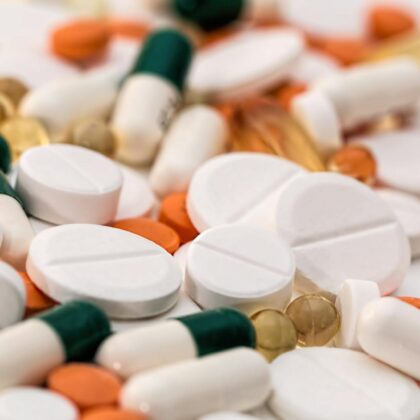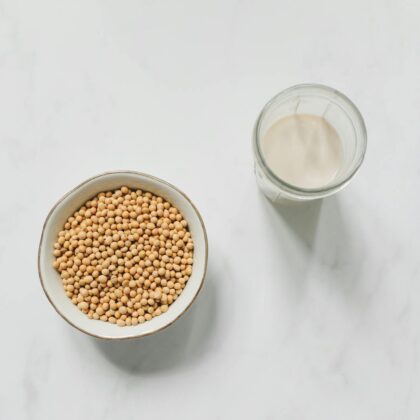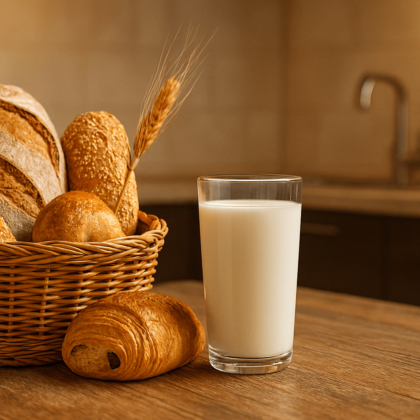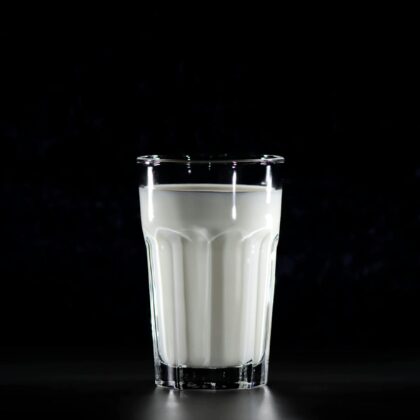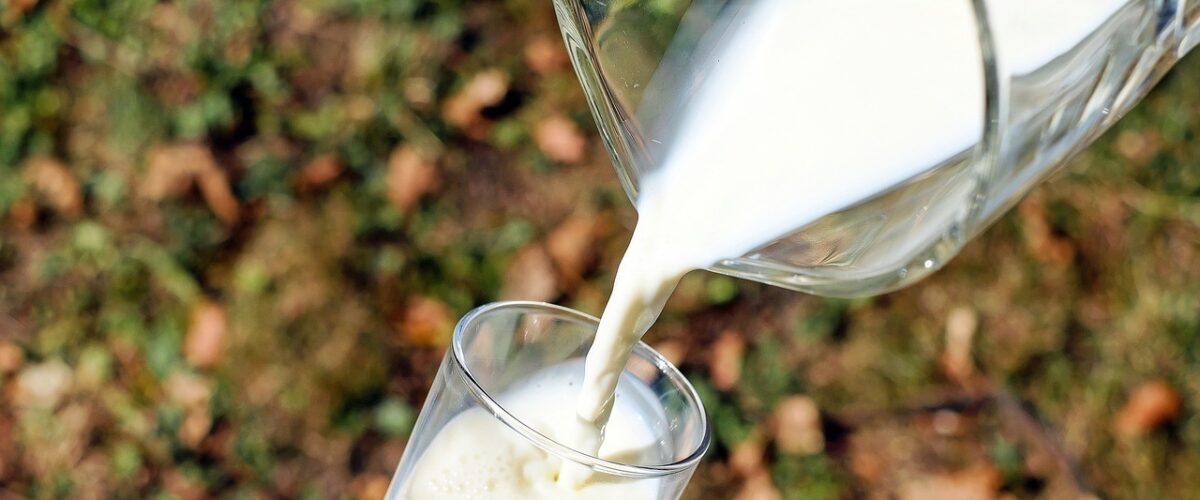
Several processes take place in the body after consuming animal milk. As soon as its nutrients are broken down, starting with lactose (which corresponds to the carbohydrates in milk), through to the absorption of calcium, the effects are felt by a large number of consumers. LACTOLERANCE shows you the main reactions of the body when you drink milk in small or large quantities.
What effects does drinking milk have on the body?
Drinking milk has both positive and negative effects on the body. Here is a non-exhaustive list of the reactions caused by animal milk on the human body.
The positive effects
As an important source of calcium and vitamin D, milk has a direct effect on bone health. Consumed from an early age, it can help prevent osteoporosis, a bone disease characterised by the progressive deterioration of bone tissue.
According to some studies, drinking milk and consuming other dairy products could also help with weight management. This is explained in particular by the effect of the calcium and proteins contained in dairy products, which play a role in appetite and satiety.
Negative effects
When consumed in excess, milk is known to alter the body's pH, making it more acidic. As part of a healthy, varied diet, it is therefore advisable to balance milk consumption with that of potassium-rich foods such as fruit and vegetables.
Drinking milk can also cause more or less intense and uncomfortable digestive problems in people who are allergic to cow's milk proteins or who suffer from lactose intolerance. This food intolerance actually affects around 75% of the world's adult population. If consuming milk causes borborygma, bloating or abdominal pain, then you may be affected by lactose intolerance.
Is it good to drink milk every day?
In the absence of lactose intolerance, drinking 1 to 2 glasses of milk a day is not contraindicated. As part of a balanced diet, the consumption of products In fact, eating animal-based dairy products can have all the beneficial effects mentioned above.
On the other hand, lactose intolerant people are strongly advised to limit their consumption of milk, or even to eliminate dairy products from their diet altogether.
People with partial or moderate alactasia (or 'lactose intolerance') can therefore can generally consume up to 12 g of lactose without suffering the inconvenience of intolerance. In the case of severe or total alactasia, you should replace all animal-based dairy products with plant-based and/or lactose-free alternatives for improved digestive comfort.
Soya cream, coconut milk, lactose-free milk: there are now many options available to enable lactose-intolerant consumers to continue consuming dairy drinks and desserts. Consumption of other sources of calcium then balances their diet, in line with the body's needs.

Hello, I'm Vincent
Like you, I'm lactose intolerantI know exactly what you're going through and the difficulties you encounter on a daily basis. For over 10 years, I've been helping our customers to use our dietary supplements and giving advice and tips on how to improve their digestive comfort. I'm also a keen cook and gourmet, so you'll find my favourite recipes for a lactose-free diet in this blog.
Lactose intolerance is not inevitable! With LACTOLERANCE you can digest with complete peace of mind
